article_category
MAZARRON, MAZARRÓN HISTORY AND MONUMENTS
Murcia Sporting Activities & Events..Region of Murcia NewsWalks, senderismo routesTourist Info and places to visit..Property sales and rentalsLa Manga Club & Local newsCorvera Airport MurciaCante de las MinasCamposol & Local NewsLocal News and Community Info.Local News and Whats onWhat's on LorcaBanking Investment PensionsTourist Info and Places to visit..Whats On Alicante Comarca: NewsUseful local informationLocal News TotanaLocal News Pilar de la Horadada..Whats On North & North West Murcia..

February 12 to 21 Mazarron commemorates the mining heritage of the townMazarrón pays homage to miners of the past with a guided tour of the Mina Impensada site and other events The history of Mazarrón is marked by periods of great prosperity and wealth brought about by the mining activity in the mountains which..

A curious slice of Mazarrón history: This is the port's 100-year-old 'pim-pam' canal, nestled between two popular beachesSalt farming went on from the Roman era until the 20th century The entrance to the old salt farm channel Did you know that there used to be a large salt farm in the Port of Mazarrón during the 20th century? This activity, which probably..
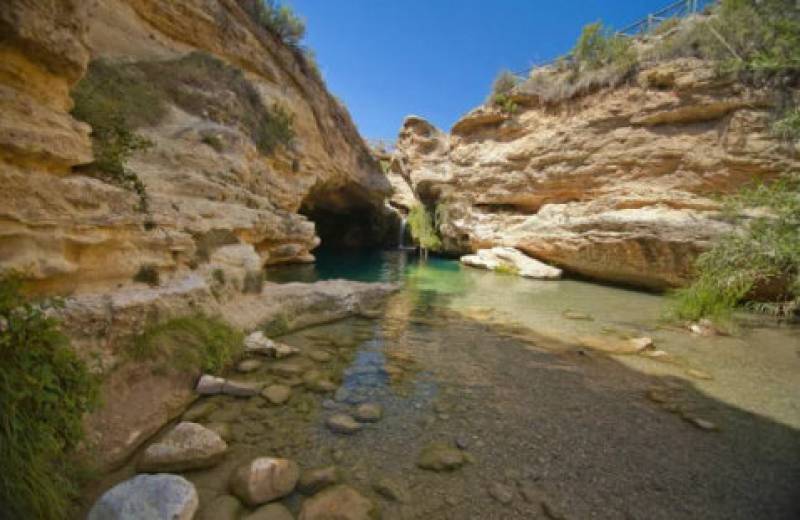
5 natural monuments in the Region of MurciaPlaces in Murcia where the spectacle of nature takes the breath away The Region of Murcia, in the south-east of Spain, is known mainly for its warm climate (with over 320 days of sunshine per year), but apart from the weather there are many more reasons to..
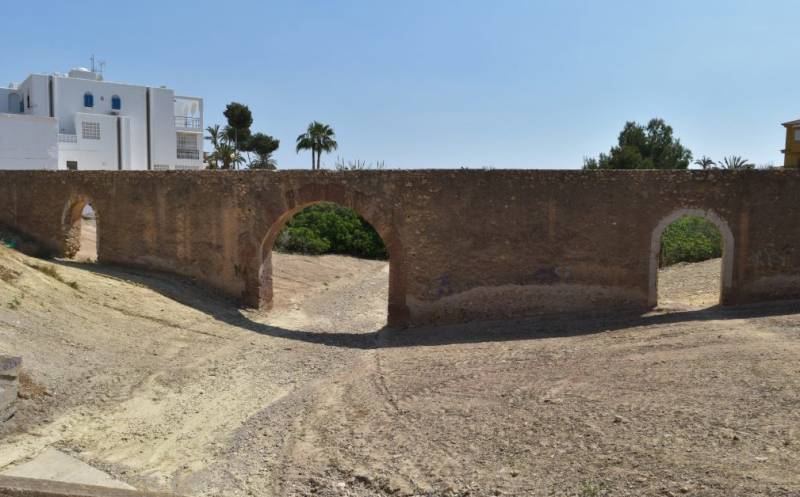
The Acueducto del Arco in Puerto de MazarronThe structure was in use until the late 20th century to supply water to farmsteads in El Alamillo Alongside the RM-332 as it skirts the north of Puerto de Mazarrón and just next to the El Alamillo is the Acueducto del Arco, a1 18th- or 19th century..
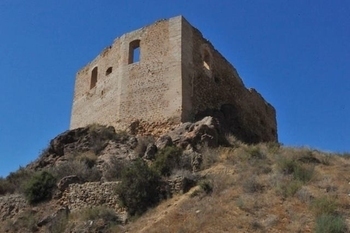
The Castillo de los Velez, the castle of MazarronThe Castle of Los Vélez in the town of Mazarrón This 15th century fortress is in the heart of the town of Mazarrón, on a small hill about 30 metres above the surrounding ground. This placed it right at the centre of what is now the..
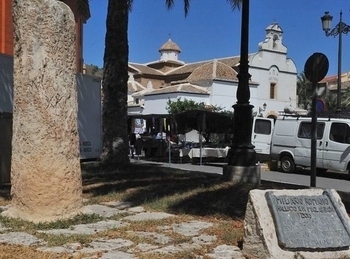
Mazarrón Roman milestoneMilario romano Mazarrón The Milario is a Roman milestone, or road marker This Roman milestone was found in the 1970s near the church and convent of La Purísima in Mazarrón and showed the distance in miles from the Via Augusta..
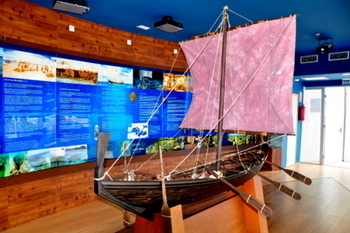
Phoenician boat interpretation centre in Puerto de MazarronVisitors centre for the 2600-year-old Phoenician boats of Mazarrón I and Mazarrón II Mazarrón is the location of an important marine archaeological site in the Playa de la Isla, one of the beaches on the coastal road leading out from Puerto..

Torre de los Caballos in Bolnuevo, MazarronA 16th century watchtower built to protect Mazarrón against Berber pirates The Torre de los Caballos is part of the defensive system of watchtowers which protected against the constant incursions by Berber pirates from north Africa, who threatened..

El Sagrado Corazon de Jesus, fantastic views and a great photo opportunity in MazarronA lovely walk up to the best views in Mazarrón They say that God has all the best views, and that claim can certainly be verified in Mazarrón as the views from the foot of the Sagrado Corazón de Jesús are absolutely stunning..

Torre El Molinete and Parque Urbano in MazarronThe Torre del Molinete watchtower dates from 1490 and affords great views of the Mazarrón area La Torre del Molinete was built in 1490 by the Catholic Monarchs of Spain to protect the area surrounding Mazarrón, as this was a zone of constant..
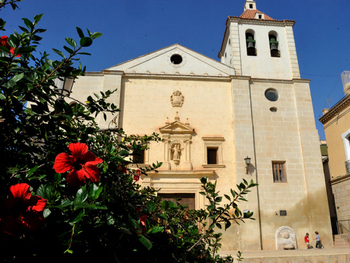
Iglesia de San Antón MazarrónThe 16th and 17th century church of San Antonio de Padua in Mazarrón Mazarrón is unusual in that it has two parish churches, a situation which arose due to the concessions granted to two powerful families, the Fajardos (Marqueses de..
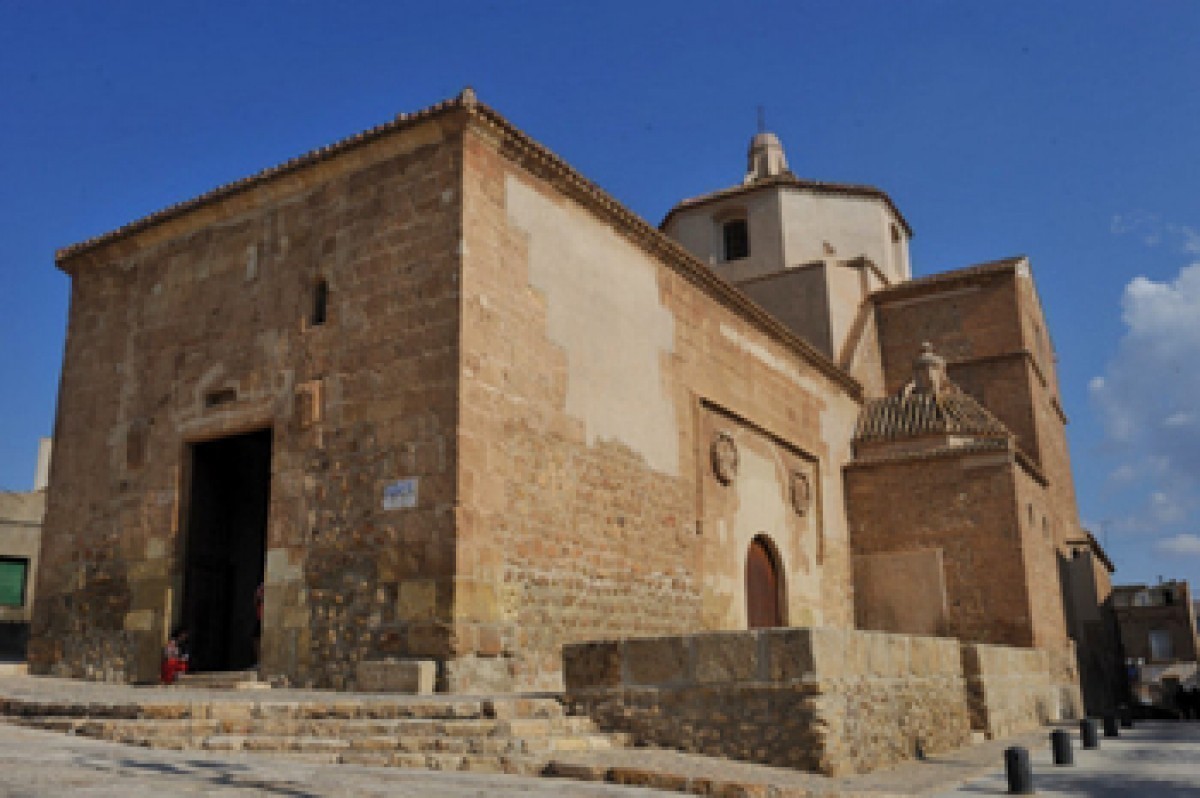
Iglesia de San Andrés MazarrónMass is celebrated daily at the Church of San Andrés in Mazarrón This is the church used most extensively for worship today within the town of Mazarrón and offers daily mass for those living in or visiting the town. (Mass..
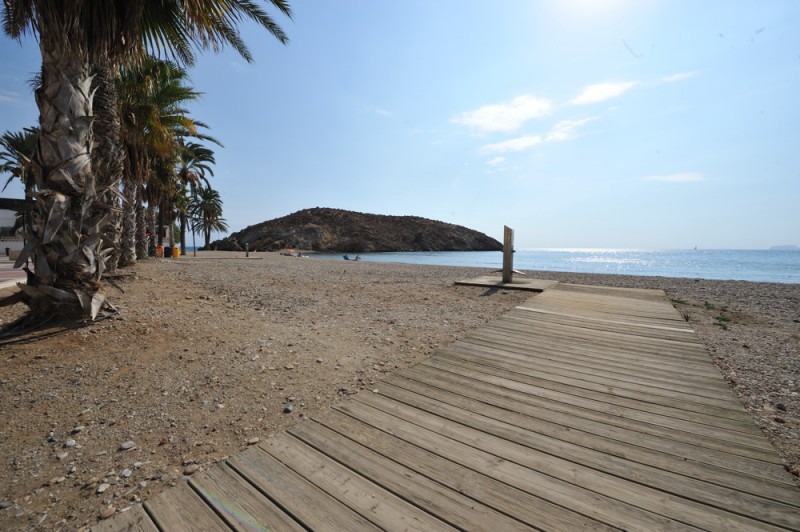
Cabezo del Castellar in Puerto de MazarronThe rocky outcrop of Cabezo del Castellar is an important archaeological site set among the most popular beaches of Mazarrón At first sight there is nothing out of the ordinary about this 26-metre-high rocky outcrop to the south-west of Puerto..
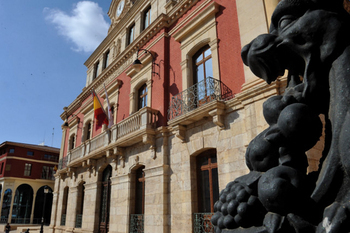
Casas Consistoriales, the Town Hall of MazarronSala de exposiciones Casas Consistoriales Mazarrón The construction of the building began on July 9 1889 with Francisco de Ródenas as the architect although two years later the project was taken over by the architect Francisco de Paula..
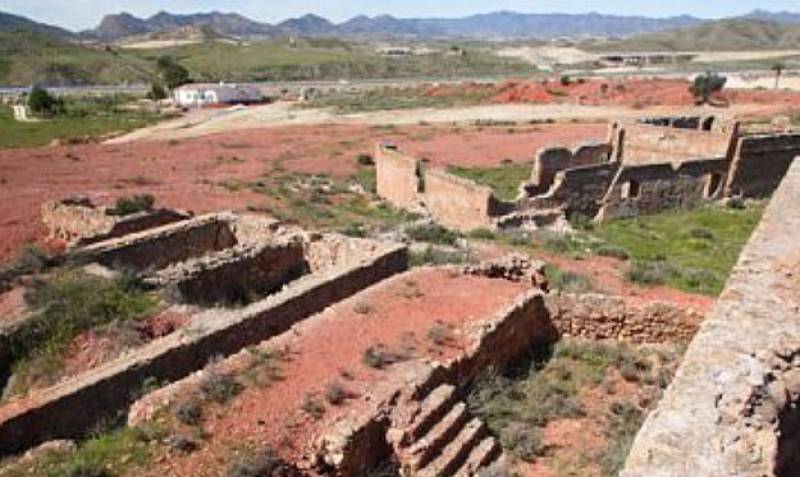
The ruined old alum factory in MazarronAlum was the main source of wealth in Mazarrón in the Late Middle Ages Alum is a chemical compound containing potassium which was much used in the Late Middle Ages to fix colouring in tanning and textiles, and the substance plays an important role in..
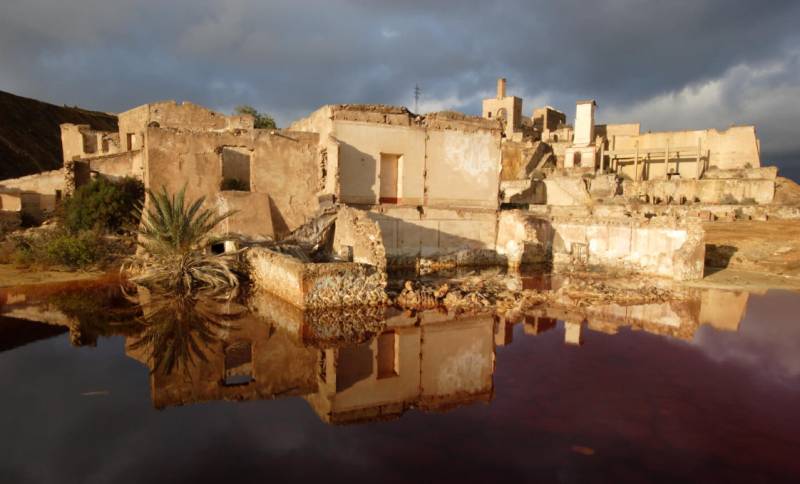
The abandoned mines of MazarronEerie abandoned buildings stand in a surreal landscape of red and ochre rocks just outside Mazarrón Just to the north of the town of Mazarrón is the eerie landscape of the abandoned mines which were first created by the Romans around 2,000 years..
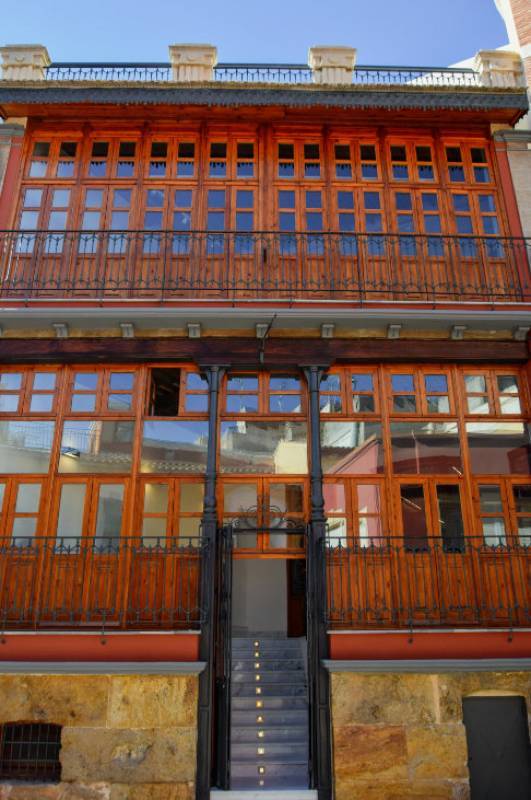
The Ateneo Cultural or Casino in MazarronThis late 19th century building was constructed during a period of great prosperity in Mazarrón Work has been completed in the town of Mazarrón to restore and renovate the old Ateneo Cultural, or Casino, which was built in the late 19th century..
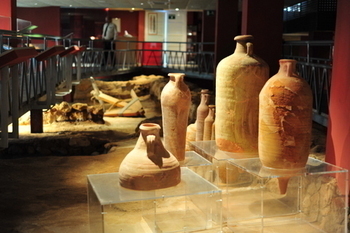
Mazarrón Municipal Archaeological Museum The Roman Fish Salting Factory Museo Arqueológico Municipal de Mazarrón, La Factoría Romana de Salazones During the 1st century BC, Roman power was at its height and the Empire required vast quantities of goods from across the Mediterranean for consumption elsewhere..
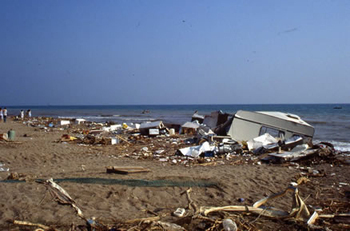
Mazarrón history, the Bolnuevo Gota Fría of 19891,300 cubic metres of water per second poured down the Rambla in Bolnuevo before it burst its banks Following from the heat of summer the risk of "gota fría" storms is especially high in September and October, and councils.. 24/01/2022
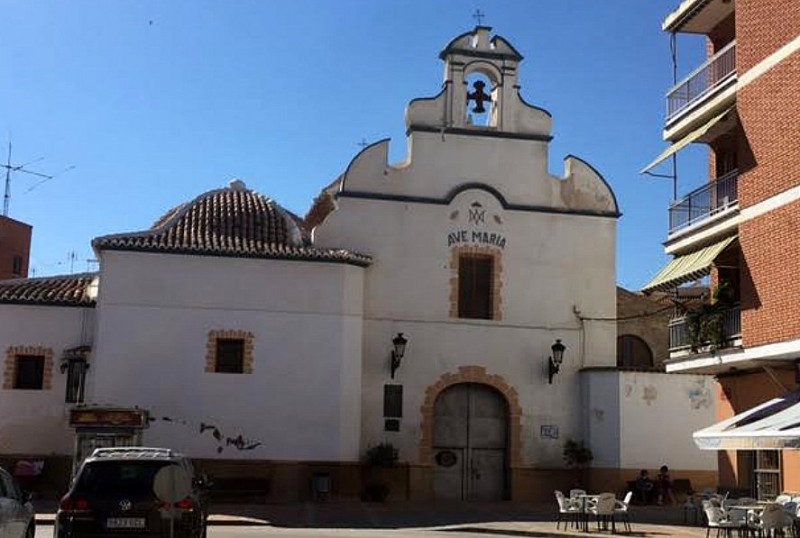
Iglesia del Convento de la Purísima, MazarrónThe church of La Purísima in Mazarrón 16th-18th century Iglesia del Convento de la Purísima The Convento de la Purísima is located in the heart of the old town of Mazarrón, overlooking the main market..
Contact Spanish News Today: Editorial 966 260 896 /
Office 968 018 268















